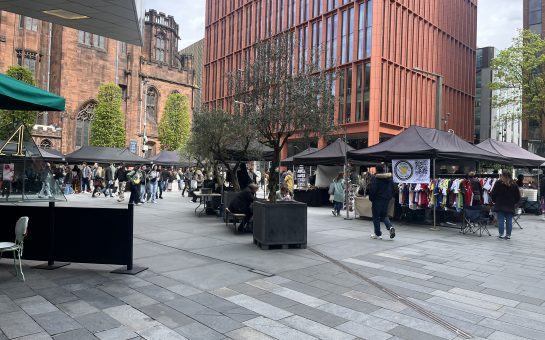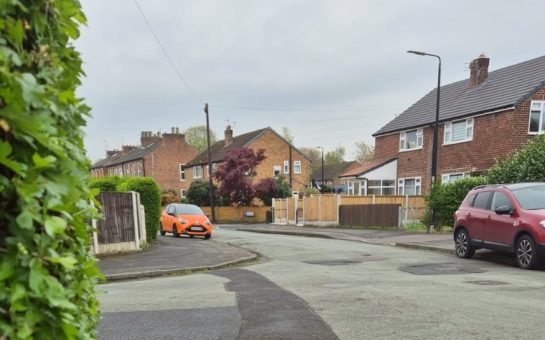The world’s scientific advances are driven by uncertainty rather than conviction, a lecturer at the University of Manchester has claimed.
Dr Frank de Vocht, lecturer in Occupational and Environmental Health at the University of Manchester, is one of many scientists supporting the ‘Making Sense of Uncertainty’ guide, which was launched by researchers yesterday at the World Conference of Science Journalists.
Researchers working in some of the most revolutionary fields – such as climate change, disease modelling and natural hazard prediction – have said that if policy makers and the public are discouraged by the existence of uncertainty they miss out on important discussions.
Dr de Vocht said: “Uncertainty is the most important factor that drives scientific development.
“It is important to understand what it means for policy makers, researchers, journalists and the public because of its potential to be misused for political, economic or ideological gain.”
David Stainforth, Senior Research Fellow at Grantham Research Institute, London School of Economics, agreed with Dr de Vocht.
He said: “Uncertainty is simply part of our understanding. Sometimes the details matter, sometimes they don’t, but uncertainty is not a barrier to taking good decisions.
“Nor is it unfamiliar. We all take decisions under uncertainty every day.”
The researchers claim we need to embrace uncertainty, especially when trying to understand more about complex systems.
In Making Sense of Uncertainty they discuss the way scientists use uncertainty to express how confident they are about results.
They also explain that uncertainty can be used to undermine evidence, and why uncertainty is not a barrier to taking action.
Tracey Brown, Managing Director of Sense About Science, said: “Scientific research doesn’t just produce information – about earthquake frequency or the causes of cancer – it estimates how much of the picture we have by trying to measure the uncertainty in that information.
“However, this does not mean that we are waiting for the day of certainty to arrive!
“It is especially important to recognise that in discussions where we have decisions to make, about whether to spend more on buildings that withstand earthquakes and whether to stockpile a vaccine.
“Instead, ‘do we have operational knowledge?’ is one of the most useful questions anyone can ask.”
Picture courtesy of Michael Keen, with thanks.
For more on this story and many others, follow Mancunian Matters on Twitter and Facebook.



